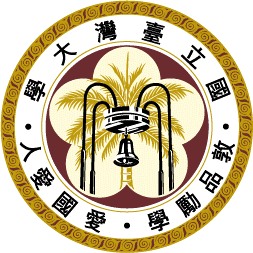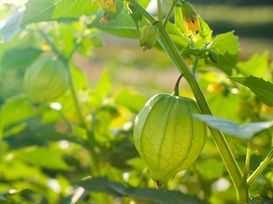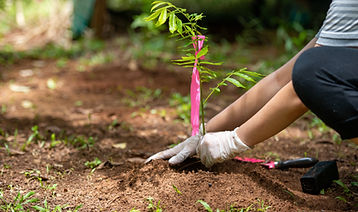

Satoyama Mace Initiative Platform
News & Views
About us
The Satoyama Mace Initiative is a transnational international project endorsed to be implemented by the UNU-IAS/IPSI in 2024.
Biodiversity Carbon Removal Methodologies
The Satoyama Mace Initiative focuses on carbon reduction technology that is consistent with the Satoyama Initiative and biodiversity,
GHG Program & Issue Carbon Credits
The platform is operated by the Satoyama Mace Initiative team as a non-profit platform to serve the global practice of the Satoyama Initiative and biodiversity.
Validation and Verification Body Registration
The Satoyama Mace Initiative, proudly endorsed by UNU-IAS/IPSI, is developing a new voluntary carbon credit methodology that integrates the Kunming-Montreal Global Biodiversity Framework (KMGBF) with Nature-based Solutions (NbS) to enhance carbon sinks and biodiversity conservation. This initiative supports Socio-Ecological Production Landscapes and Seascapes (SEPLS) in establishing Greenhouse Gas (GHG) programs, leading to the issuance of Biodiversity-SDG Carbon Credits. These credits are based on robust Measurement, Reporting, and Verification (MRV) systems, aligned with international standards such as ISO 14065.
International Conference on Carbon Credits and SEPLS for Combating Climate Change
International Conference on Carbon Credits and SEPLS for Combating Climate Change is endorsed by the International Partnership for the Satoyama Initiative (IPSI) in the United Nations University Institute for the Advanced Study of Sustainability (UNU-IAS) in 2025. The International Conference on Carbon Credits and SEPLS for Combating Climate Change will be held on 8th - 9th April, 2026, at National Cheng Kung University (NCKU), Tainan, Taiwan. The conference will convene IPSI members, academic experts, policymakers, local communities, and stakeholders engaged in carbon credit mechanisms and climate change mitigation.Read More.........
UNICORN: Partner Community for the Satoyama Mace Initiative
The Satoyama Mace Initiative community builds relationships and establishes a network for global sustainability efforts.This community is the Unicorn Partner Community, which aims to combine the global biodiversity framework with the Satoyama Initiative to establish a sustainable development chain. United indigenous people cooperate for renovation. (UNICORN) Participants are required to sign the "Global Declaration for Equitable and Ethical Carbon Credit Practices: An Ethical and Action Framework for the Care of Our Common Home".
Our Team
A group of people who perform interdependent tasks to work toward accomplishing a common mission or specific objective.
SEPLS Carbon Credit Regional Revitalization Center
The Seed Coleus Greenhouse (a member of the International Partnership for the Satoyama Initiative (IPSI)) set up the “SEPLS Carbon Credit Regional Revitalization Center'' (SEPLS-CCRR center) in NCKU Research and Development foundation to support this platform develop methodologies for quantifying project benefits, particularly the GHG emission reductions or removals for community development.




Copyright@NCKU Research and Development foundation. All rights reserved.























